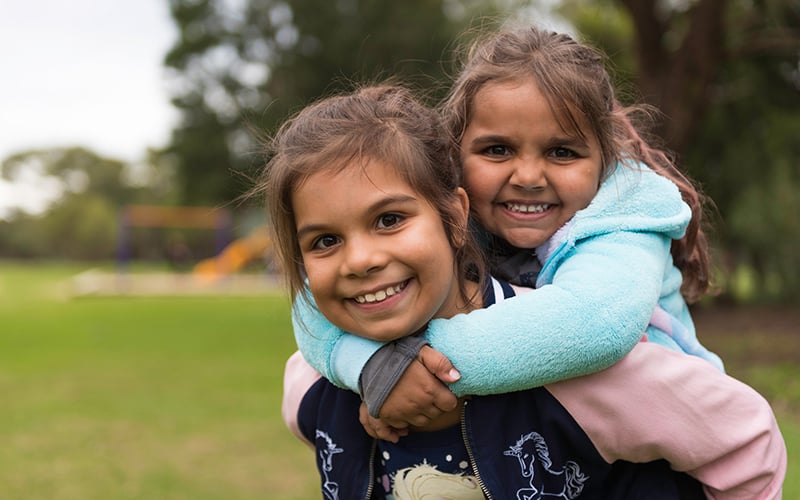Search
The Western Australian Aboriginal Child Health Survey is the most extensive survey of Aboriginal families ever undertaken.
A national strategy that focuses on early child development is the key to breaking the cycle of Aboriginal poor health and disadvantage.
Aboriginal children are faced with significant impediments to their chances of a healthy life even before they are born.
The impact of death, separation and divorce is having a profound impact on the lives of Aboriginal children.
High rates of recurrent infection are a major risk to the health of Aboriginal children and are comparable to those of third world countries.

When health organisations in the north-west of WA requested urgent action to address the region’s high rate of skin infections, Dr Asha Bowen answered the call.

Two The Kids Research Institute Australia research teams have been awarded more than $3.5 million to fund innovative projects.

One of Australia’s leading infectious disease experts, Associate Professor Asha Bowen, has been announced as a finalist for the country’s leading national science awards – the Australian Museum Eureka Prizes.
To evaluate the effectiveness of maternal pertussis vaccination for preventing pertussis infections in Aboriginal and Torres Strait Islander infants under seven months of age.

A new national network will be established to advance the benefits from Genomic Medicine for Aboriginal and Torres Strait Islander people living in Australia.
